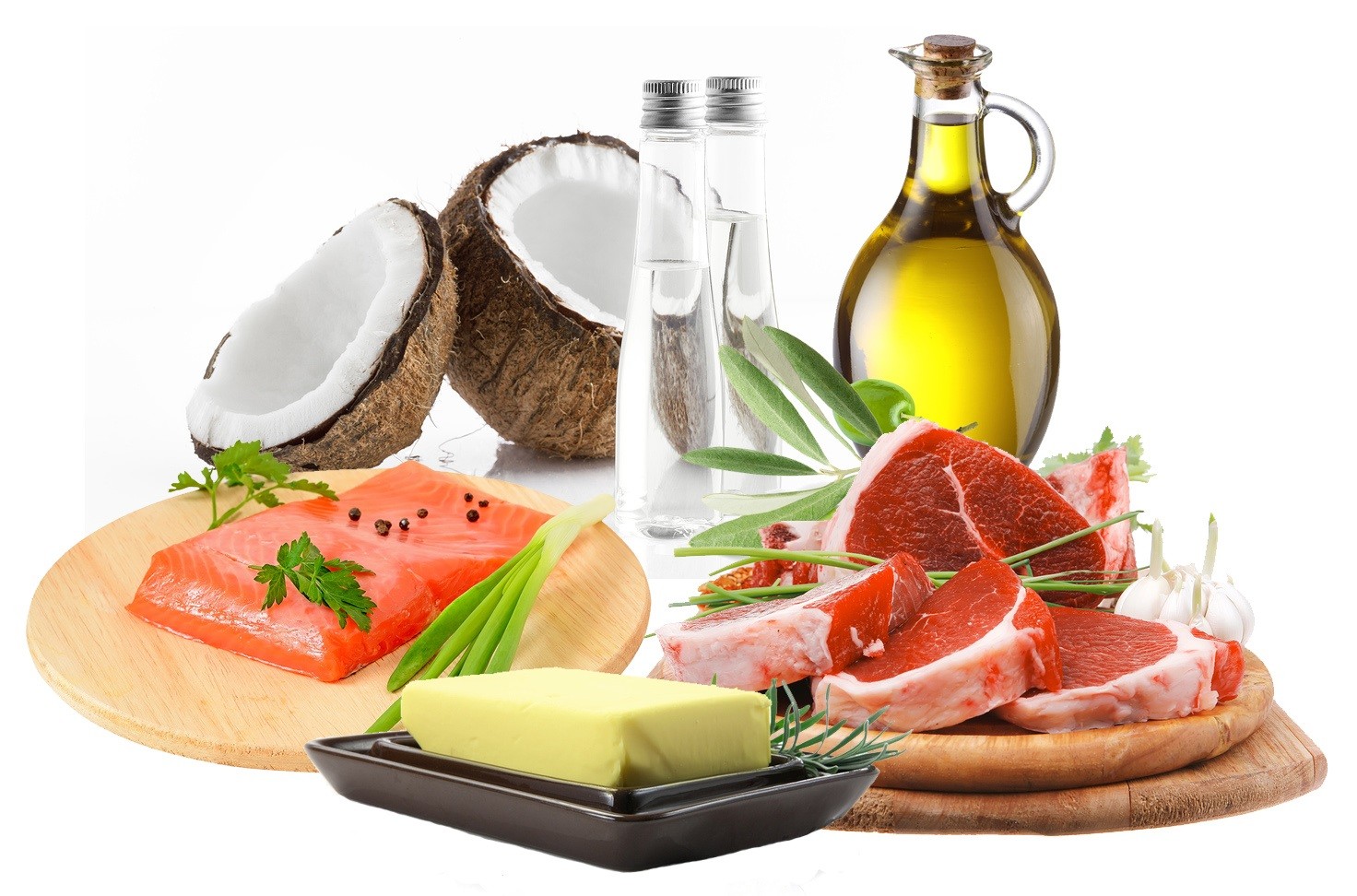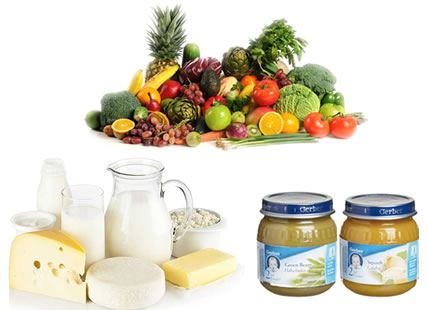Native to Brazil, cashews are crescent-shaped nuts with a sweet flavor and a plethora of uses in the kitchen. Considered third in consumption among all the tree nuts in the world, they're delicious in a wide variety of recipes. Cashews are the number one crop in the world (after almonds), cultivated in more than 30 countries and are a great mineral source, containing 31% of the daily recommended value for copper, along with 23% for manganese, 20% for magnesium and 17% for phosphorus,add to that 12% of the daily recommended value for vitamin K.
What does this mean for the body? Studies show that magnesium helps diminish the frequency of migraines, improve cognitive ability, and also lowers blood pressure, which can prevent heart attacks. Copper contains antioxidants that render free radicals harmless. This protects against heart disease and cancer. Enzyme components like tyrosinase convert to the pigment melanin, which provides not just our skin and hair color, but protects our skin from UV damage. Magnesium works with copper to provide bone strength, and with melanin and elastin to provide joint flexibility, giving the nerves just the right tension.













